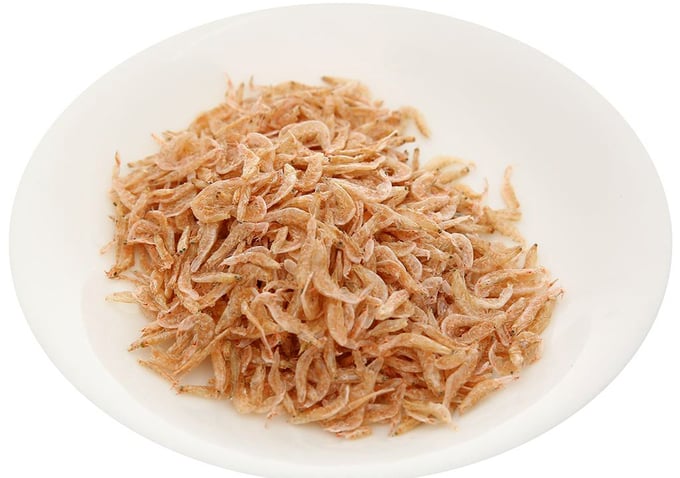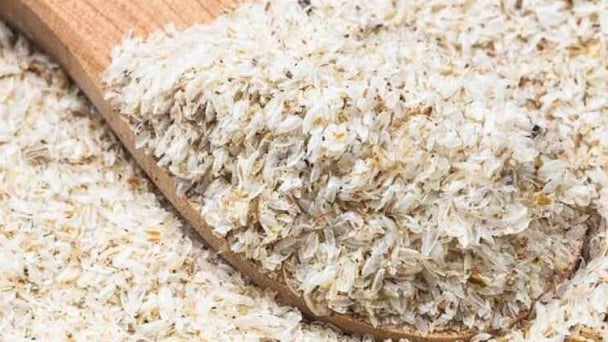May 28, 2025 | 20:39 GMT +7
May 28, 2025 | 20:39 GMT +7
Hotline: 0913.378.918
May 28, 2025 | 20:39 GMT +7
Hotline: 0913.378.918

Dried shrimp products.
The Vietnam Association of Seafood Exporters and Producers (VASEP) recently sent an official dispatch to the Ministry of Agriculture and Rural Development (MARD) and the Department of Fisheries, requesting the removal of procedural barriers to exporting raw shrimp to the EU market.
According to this document, seafood enterprises have reported that all batches of processed products made from raw shrimp are currently ineligible for export to the EU due to issues with obtaining the Certificate of Exploitation of Raw Materials (S/C) and Catch Certificates (C/C).
The shrimp species in concern, Acetes japonicus (commonly known as Akiami paste shrimp), is a unique seafood resource harvested near the shore by fishermen using small basket boats. Since these boats are under 15 meters in length, they do not require fishing licenses or Vessel Monitoring System (VMS) equipment and are mostly docked directly on the beach without the need to update the eCDT software.
As a result, processed shrimp batches do not meet the requirements for S/C and C/C certification, making them ineligible for export to Europe under current regulations. Meanwhile, shrimp production remains substantial in the Central and Southern provinces, and European customers continue to show strong demand for this product.
To enhance the value of traditional shrimp fishing, sustain fishermen's livelihoods, and facilitate smooth shrimp exports to the EU, VASEP has raised this issue with the Ministry of Agriculture and Rural Development at multiple events in the fourth quarter of 2024.
In its official dispatch, VASEP urges the Ministry to prioritize this matter in discussions with the European Commission (EC) and to formally request that shrimp be included in the list outlined in Annex I of Regulation (EC) No 1005/2008. This inclusion would exempt processed shrimp shipments from the IUU (Illegal, Unreported, and Unregulated) fishing regulations stipulated in Regulation (EC) No 1005/2008, thereby easing export restrictions.
Translated by Quynh Chi

(VAN) The import-export turnover between Vietnam and Singapore rose amid a trade rebound, with machinery, electrical equipment, and fuels making up the majority of the transaction value.

(VAN) Director General of the General Administration of Customs of China, Ms. Sun Mai Jun, has pledged to implement measures that will ease the import process for Vietnamese agricultural products.

(VAN) Although Vietnam is still increasing its coffee exports, the industry is currently in the process of determining market strategies in response to the U.S. imposition of reciprocal tariffs.

(VAN) With rising demand in Muslim-majority countries, Halal certification is becoming a critical passport for Vietnamese agricultural products seeking sustainable market access and consumer trust in the Middle East and Africa.

(VAN) Vietnam’s fruit and vegetable exports to the U.S. are rising sharply, and exporters are hoping that any upcoming reciprocal tariffs will be set at manageable levels.

(VAN) Despite meeting quality standards, Vietnamese rice bran exporters still face difficulties with administrative procedures under the new protocol.

(VAN) The U.S. is tightening import tariffs and origin inspections, requiring Vietnamese businesses to proactively prepare in terms of legal compliance, supply chains, and appropriate export strategies.